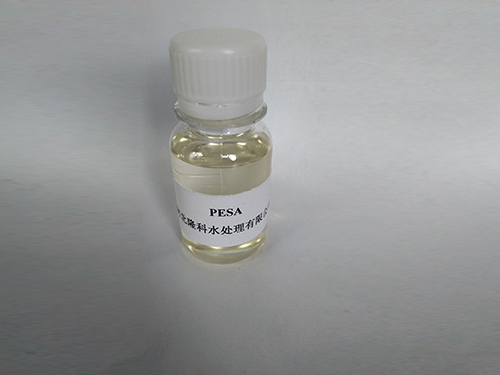what is poly aluminium chloride
What is Poly Aluminium Chloride?
Poly Aluminium Chloride (PAC) is an inorganic polymer that is widely used in water treatment, paper manufacturing, and several other industrial applications. It is a coagulant that plays a crucial role in the purification of drinking water and wastewater treatment processes. This article delves into the definition, properties, applications, and advantages of PAC, highlighting its importance in various sectors.
Definition and Chemical Composition
Poly Aluminium Chloride is a chemical compound formed by the hydrolysis of aluminium chloride (AlCl3) in an aqueous solution. It typically appears as a white or yellowish powder and is soluble in water. The polymeric structure of PAC consists of a series of aluminium ions and hydroxyl groups, which confer unique properties that distinguish it from other coagulants. The general formula can be expressed as Aln(OH)mCl(3n-m), where n indicates the degree of polymerization.
The varying degrees of polymerization and the presence of different molecular weights lead to distinct formulations of PAC, which can be tailored to meet specific requirements in different applications. This versatility is one of the reasons why PAC is favored over traditional coagulants like aluminum sulfate or ferric chloride.
Properties of Poly Aluminium Chloride
PAC possesses several properties that make it a valuable substance in various industries
1. High Efficiency PAC demonstrates superior coagulation and flocculation capabilities. Due to its polymeric nature and charge density, it can effectively remove a wide range of contaminants from water, including suspended solids, turbidity, and colloidal particles.
2. pH Range PAC is effective across a broad pH range, typically from 4 to 10, making it suitable for diverse water sources and treatment processes.
3. Lower Dosage Compared to traditional coagulants, PAC often requires a lower dosage to achieve the desired results, which results in cost savings and reduced sludge production.
what is poly aluminium chloride

Applications of Poly Aluminium Chloride
1. Water Treatment The primary application of PAC is in the treatment of potable and wastewater. It is used to clarify water by removing impurities and enhancing water quality, ensuring that it meets safety standards for consumption.
2. Paper Manufacturing In the paper industry, PAC is used in the paper-making process to enhance retention and drainage, improve strength and quality, and minimize the environmental impact of waste by-products.
3. Textile Industry PAC is utilized in dyeing and finishing processes, helping to achieve better color retention and stability while minimizing water pollution.
4. Oil and Gas Industry It is also used in oil drilling fluids to control fluid loss and stabilize the borehole, making it beneficial for those in the energy sector.
5. Agricultural Applications PAC can be employed in agricultural practices to treat irrigation water, ensuring that crops receive clean water and improving soil quality.
Advantages of Poly Aluminium Chloride
The preference for PAC over other coagulants can be attributed to several advantages
- Cost-Effectiveness Lower dosage requirements lead to reduced costs in both chemicals and disposal of sludge. - Effective Removal of Contaminants Its high efficiency allows for the removal of a wide range of pollutants, making it suitable for various water types. - Reduced Environmental Impact The use of PAC helps minimize the residual waste produced during treatment processes.
Conclusion
In summary, Poly Aluminium Chloride is an indispensable solution in modern water treatment practices and various industrial applications. Its effectiveness, cost-efficiency, and lower environmental impact position it as a leading choice among coagulants. As the demand for cleaner water and sustainable industrial practices continues to grow, the role of PAC is only expected to expand, further establishing its importance across multiple sectors. Thus, understanding and utilizing Poly Aluminium Chloride will be essential for future advancements in water quality management and industrial pollution control.
-
lk-319-special-scale-and-corrosion-inhibitor-for-steel-plants-advanced-solutions-for-industrial-water-systemsNewsAug.22,2025
-
flocculant-water-treatment-essential-chemical-solutions-for-purification-processesNewsAug.22,2025
-
isothiazolinones-versatile-microbial-control-agents-for-industrial-and-consumer-applicationsNewsAug.22,2025
-
scale-inhibitor-key-solutions-for-water-system-scale-preventionNewsAug.22,2025
-
organophosphonates-versatile-scale-inhibitors-for-industrial-water-systemsNewsAug.22,2025
-
scale-and-corrosion-inhibitor-essential-chemical-solutions-for-water-system-maintenanceNewsAug.22,2025





